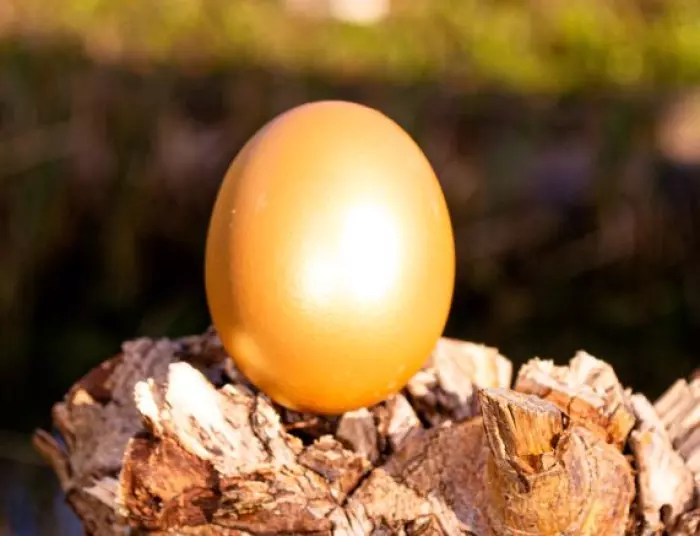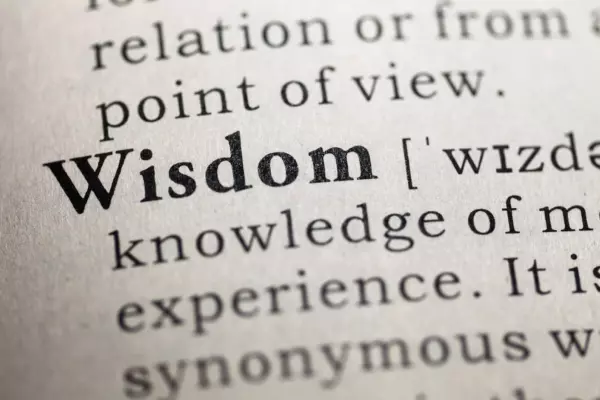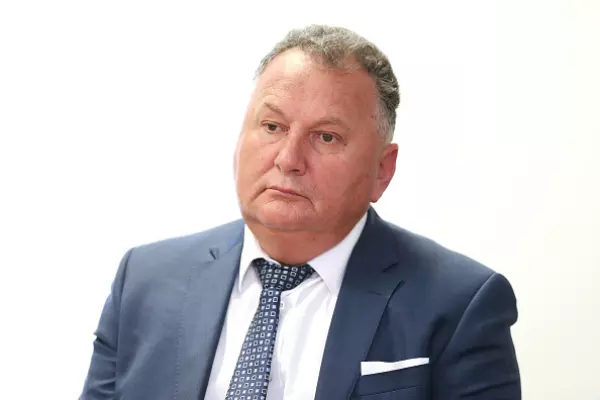My Gold's chief executive, Rich Elliott, has seen a big leap in the demand for gold since the pandemic started and he expects the trend to continue.
There's a recession on the cards, markets are battling uncertainty and cryptocurrency is in turmoil so, in the current market, now more than ever people are questioning where they should put their money, he said.
“Gold and silver are the ultimate hedge against systemic risk when you've got all kinds of situations that can happen in the world,” Elliott told BusinessDesk.
“We've had a 100% increase in customers ordering more than $100,000 in the last year, for example.”
Spike in gold demand
The price of gold has hit peaks and slumped in valleys over the years but reached an all-time high of nearly US$2,075 (NZ$3,286) in August 2020 as the covid-19 pandemic worsened.
It didn't climb above the US$2,000 per ounce mark again until March this year after Russia invaded Ukraine in late February. My Gold also saw a spike in gold demand post the invasion.
Elliott said it's not just retail investors that are looking at gold in a new light, but central banks around the world have been buying more, as well.
“A lot of that was driven because the gold price shot up to the point where we had to stop trading and stop taking orders until it stabilised,” he said. “It was moving up too rapidly.
“Central banks have been buying really large quantities of gold and in the last year that's up 27% – which is the most since 1967."
In October alone, central banks added 31 metric tons of gold to international reserves, with the United States leading the charge with the most gold reserves at over 8,000 tons.
“We’re having these types of situations where sovereign nations and government are looking to hedge their exposure to other countries’ currencies and all kinds of events.”
He said inflation was the No 1 concern investors seeking out My Gold had followed by concern over market manipulation and systemic risk.
Property didn't hold the allure it held earlier in the pandemic due to skyrocketing interest rates, Elliott said.
'A poor substitute'
The turbulence that more uncertain investments like cryptocurrencies are experiencing also made gold look more attractive.
“Crypto isnʼt a safe haven because of its volatility,” he said. “Our view is that crypto is not even close to gold, anyway. It's just marketed that way as a poor substitute.”
Murray Weatherston, a financial adviser and economist from Financial Focus, doesn’t think that gold is making a comeback – but he does believe gold has been “supplanted” by cryptocurrency in recent years.
“To use a terrible term, gold seems to have lost its lustre as cryptocurrency has taken effect,” he told BusinessDesk.
“Many people who historically might have been interested in investing in gold have actually changed their horse to cryptocurrency.
“The one thing I say about gold is I don't think it'll ever go to zero,” he said. “Gold will always have some sort of value because of its uses.”
Elliott said the strong US dollar in recent months had brought the price of gold down slightly.
“If the Federal Reserve does that pivot that they're talking about, and says they actually need to lower rates now because they pushed them too far too and too quickly, that'd be good for precious metals,” he said.
“The US dollar is kind of weaponised.
“It's the world's reserve currency. But there's talk of Russia and China maybe backing their currencies by gold and those sorts of things are pretty huge in our world.”















